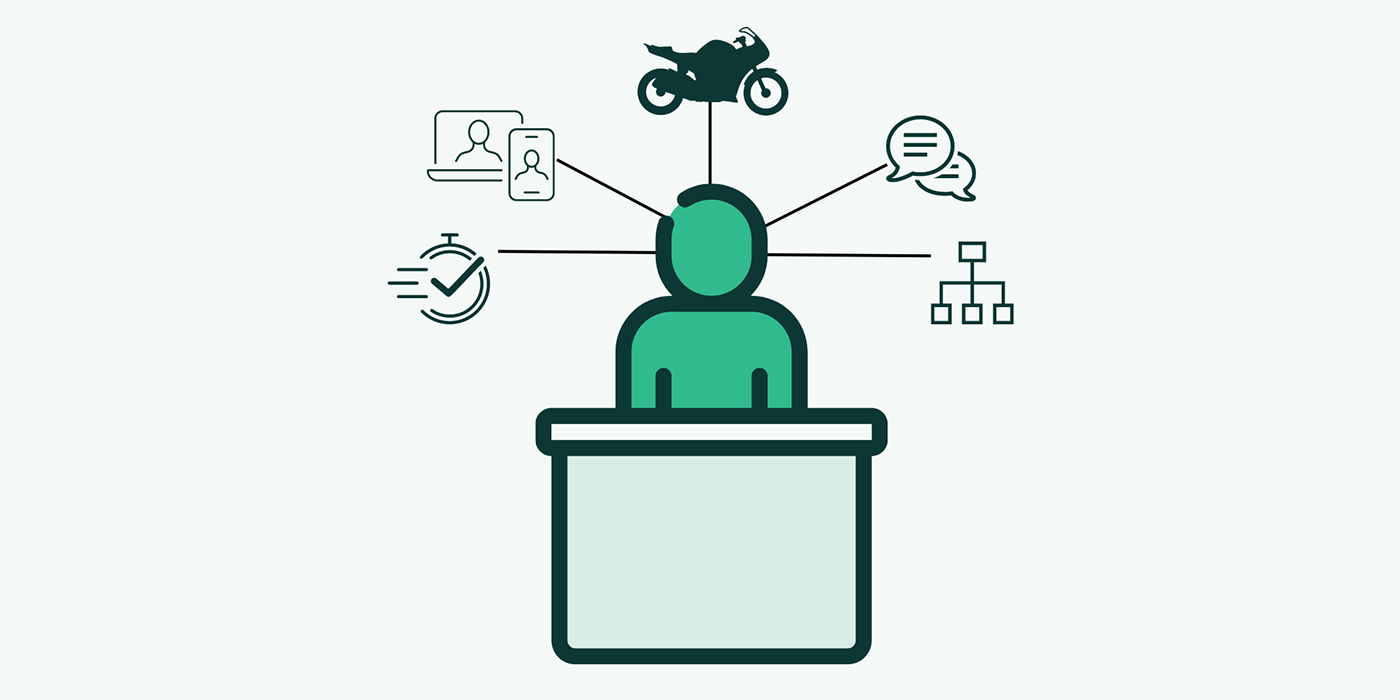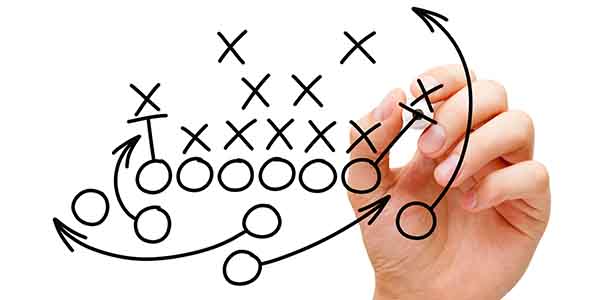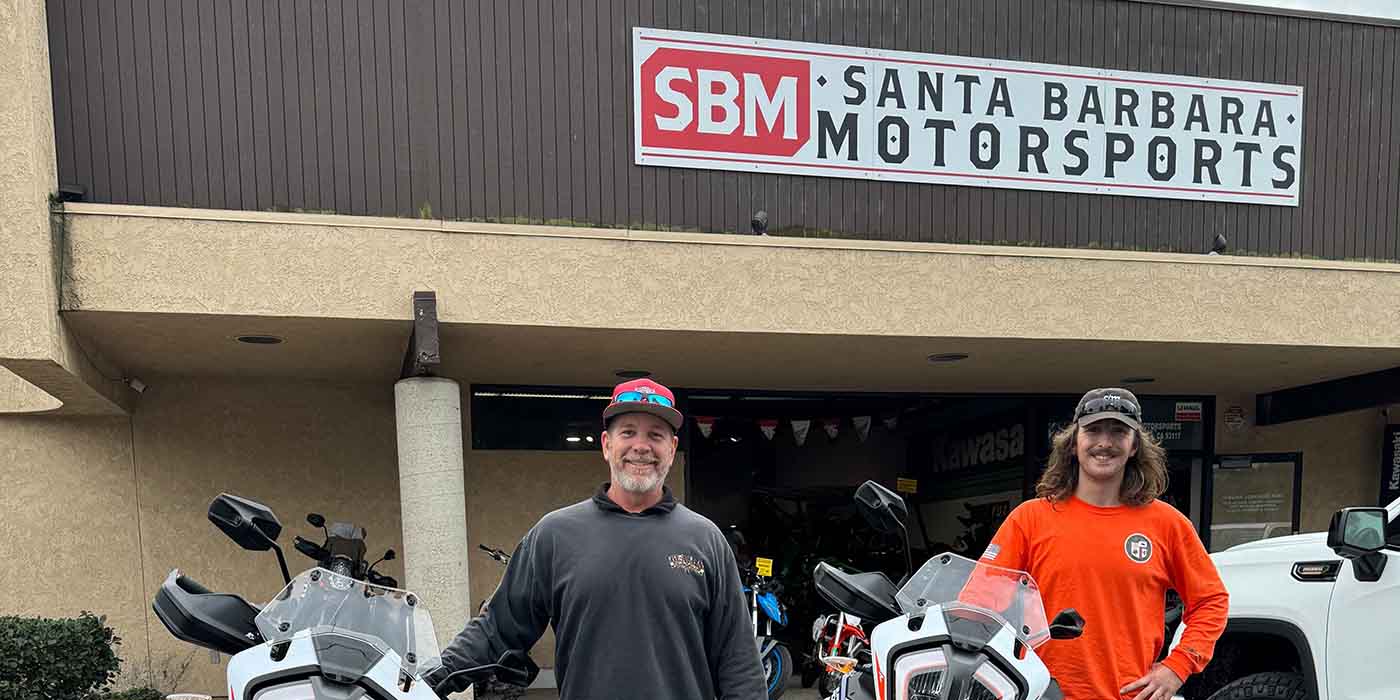Not to get all “California Woo-Woo” with you, but the following ideas could fall under a category of psychology called cognitive therapy. This means participating in activities, exercises and conversations that improve your “self-talk” (your ongoing internal dialog) and therefore impact everything from your emotional state to your on-the-job performance. And it’s powerful stuff.
A study conducted by researchers at the University of Pennsylvania and Vanderbilt studied 240 depressed patients. They were randomly placed in groups where some received anti-depressant medication, others participated in cognitive therapy and others received a placebo. "
After 16 weeks, both the anti-depressant group and the cognitive therapy group improved at about the same rate. The real difference was that the cognitive therapy group was found less likely to relapse in the two years that followed the therapy. Why? They had acquired the skills and behaviors to think better. This is the key to becoming more resilient.
Dealing with Defeat
It’s not me … it’s you: In Martin Seligman’s seminal work, Learned Optimism: How to Change Your Mind and Your Life, he describes his “explanatory” theory; basically, how you mentally explain an event — like a customer saying “no” to you — to yourself.
People who are pessimistic and therefore less able to bounce back from defeat think along the lines of, “I’m not good enough.” Inherently optimistic people (who, by the way, regularly and dramatically outperform pessimists in the realm of sales) think, “Well that other person was either having a bad day, or didn’t take the time to carefully consider my offer. Their loss.” They realize there is nothing they can do about it and then move on to the next challenge. This is not to say that these people didn’t realize there were aspects about themselves that they could improve. It simply states that resilient people have the mindset that “I bring terrific value to this situation. If the other person doesn’t realize it, that’s their problem.”
Your locus of learning: Seligman also did a lot of work with something called “learned helplessness”. The sufferer believes that they’ve suffered a setback, and there’s nothing they can do about it. Those who thought they knew all they needed to know, when faced with a setback, suffered what could be categorized as depression. Those who readily accepted outside sources for help (e.g. books, coaches, workshops, articles and trusted advisors) were able to bounce back very quickly because they knew there was hope for other actions they could try.
Victor, not Victim
What follow are some of my favorite methods for establishing resiliency in myself and my coaching clients. They are in no particular order or priority.
Forget unsolicited feedback. Unsolicited feedback is for the sender, not for you. Accept as valid only that feedback that you seek from those you trust and respect. Everything else is just noise.
Create a personal skills assessment. Create a private list of what you think you do well and what you don’t. Exploit like crazy the things you do well. For things you don’t, only improve those that create dysfunction. Don’t dwell on your weaknesses, leverage your strengths.
Be present. We all have a running mental dialog. The challenge is that most don’t focus those thoughts well. As a matter of fact, many people’s thoughts are almost entirely consumed with thinking about the regrets of the past or living in anxiety over the future, and we sacrifice the most important thing there is — the present moment. So throw yourself into what you are doing right now, and if your thoughts start to wander, tell yourself, “Back to work.”
Be convinced of your value. Ask yourself these questions and write down your positive responses. Do people ever compliment your work? Do others ever ask for your advice? Have you ever contributed an idea at work? Have you ever sought additional education? Can you produce testimonials and references? Can you list best practices that you employ to be successful? Have you ever participated or contributed to a professional organization? Do people ever ask for you by name?
You may not have positive responses to all of these, but you probably have more than you imagined. These are the accomplishments you should pass through your mind in the moments immediately after a setback.
Immediately after defeat, do something at which you are incredibly proficient. Whether it’s making phone calls, helping plan a promotion or responding to Internet leads, if after a drubbing you set about doing something you know you’re good at, your mind will quickly move from victim to victor.
Go for success, not perfection. My mentor taught me this long ago. Perfection takes way too much energy, and most people don’t notice the difference. I’ve seen people spend all day trying to figure out why their F&I menu is three cents different than their DMS (legally, it doesn’t matter; the menu is a glorified brochure). I’ve seen others stew for hours over why they couldn’t hold another $300 on a motorcycle deal. Don’t worry about that nonsense. Life is about success and not perfection. Get back to meaningful work.
Get comfortable being uncomfortable. You know that awkward feeling you get when you try something new? Like a newborn fawn, struggling to stand, you bring up some new aspect of a motorcycle, or try a new response to the age old, “I’m going to have to talk it over with my wife”, and you feel a bit nervous and uncomfortable. This means you’re pushing yourself and growing your skill set. Seek out that feeling. If you don’t hear “no” regularly, you’re not trying hard enough.
Never get too high or too low. Really successful people understand that no victory is permanent and no sales setback everlasting. Enjoy your victory and then get back to work. Acknowledge you took a hit and then get back to work. So basically what I’m saying with this article is, “Get back to work.”
Always have options. Confidence is all about having high quality options. Have you ever noticed your negotiating demeanor is vastly different if you’ve had five people ask you about a particular motorcycle in a week than if this is the first inquiry on that bike in three months? This holds true for everything. Never have just one prospect, never have just paycheck in the bank, never have just one skillset, never have just the prospect for one job. Have high quality options for everything you do, and it will transform your mental state when it comes to setbacks.
Write down three daily successes before bed every night for six months. I know this sounds crazy, but this is one of those cognitive therapy ideas that Seligman and others (most notably Dr. David Burns) have studied. Many people are predisposed to magnify setbacks in their mind and minimize success. By forcing yourself to reflect on your day and capture three positive aspects (especially in the crucial mental period right before REM state), you can reverse this dynamic. This takes incredible discipline, but if you can do this, it’s been said to have the same mood improving impact as anti-depressant drugs.
Understand that not every deal is the deal. Sometimes when people reflect on their careers, they think there is one pivotal moment that made it for them. There isn’t. Just like there is never one play that wins the game or one referee’s call that loses it, there is not one deal that irreversibly throws you in the culvert of failure forever.
Use these ideas, because on the ride to your personal and professional success, the road to “yes” is often paved with “no.”
Author’s note: This article is about how to deal with the everyday vicissitudes of the sales profession and dealership life. It is not intended to serve as medical or psychiatric guidance. If you or someone you know needs help, get it. It does, however, serve as a terrific guide to help you work through most professional challenges. So if you’ve suffered a normal rejection at work from a customer or colleague, follow this advice … then get back to work.
An award-winning author, top-rated trainer and founder of Peak Dealership Performance, Mark Rodgers holds a master’s degree in adult education and the National Speakers Association Certified Speaking Professional designation — only 500 people in the world have this coveted recognition. Contact [email protected] to improve your performance.













